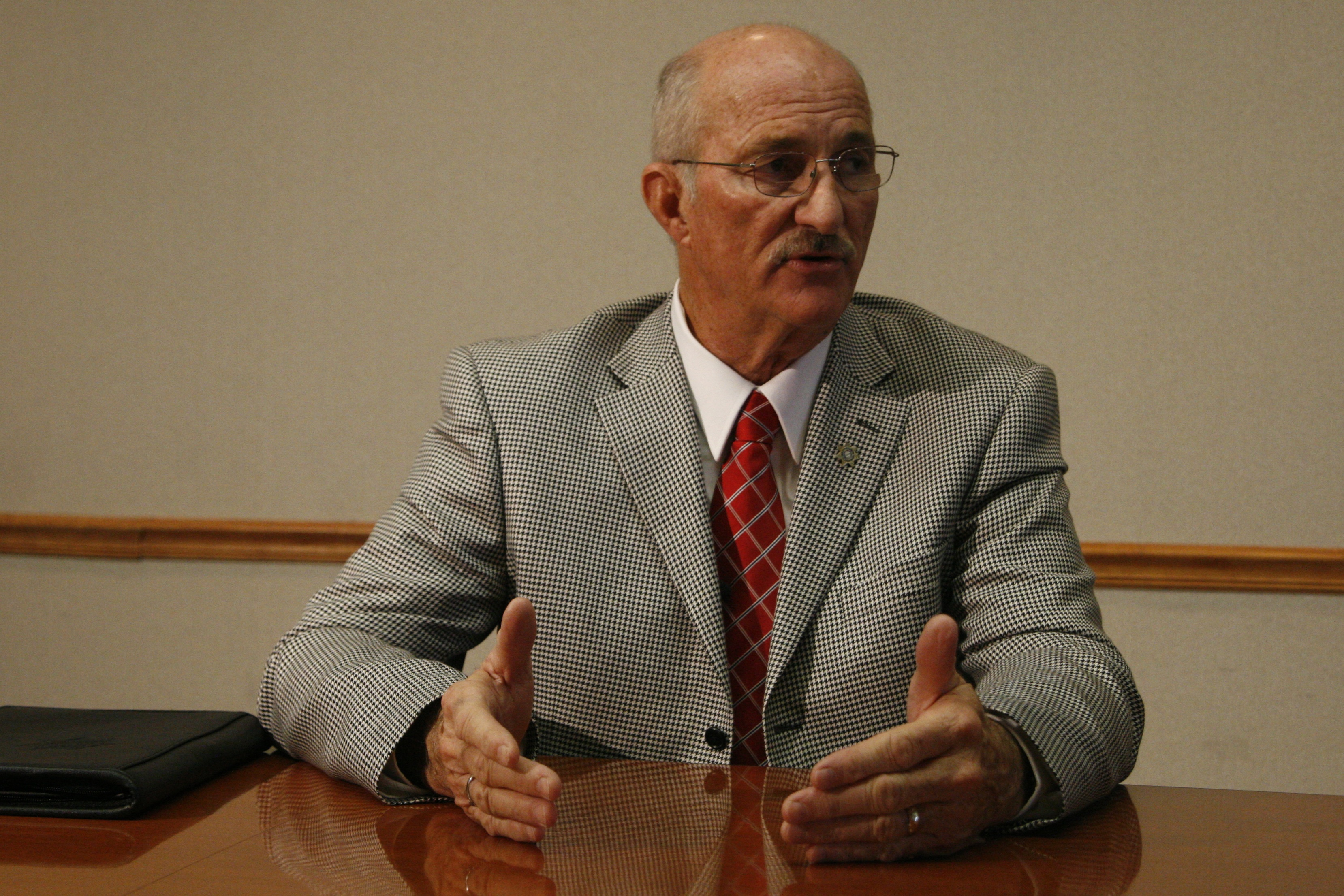Hamilton County Sheriff's crisis team faces loss of funding
Friday, January 1, 1904
For two years, the Hamilton County Sheriff's Office has prepped officers to respond to the most emotionally complex situations, crisis calls that involve suicide, self-harm and psychotic behavior.
Traditionally, police weren't trained to deal with psychosis. They were more apt to throw on handcuffs and drive them in for booking than talk through distressful situations, said Hamilton County Cpl. Eliott Mahaffey.
That changed with the advent of the Crisis Intervention Team in 2009, which has been training hundreds of officers in mental illness and community services.
"It's not that we didn't want to do something. We just didn't know we could," said Mahaffey, the team's coordinator.
More forceful techniques are replaced with communications savvy. Arrests and charges are often avoided for the mentally ill and their families, and those in crisis can be driven to Joe Johnson Mental Health instead of the county jail.
But the CIT program could be at risk of ending this year.
The program was started in 2009 with a $250,000 one-time federal grant to cover three years of costs. The county matched the grant by 25 percent, putting total funding at $333,000.
The cost included a salary for a full-time director. That money expires in June.
Hamilton County Sheriff Jim Hammond said he needs additional money to continue the program.
However, he has exceeded budget for two years straight and county commissioners have questioned his spending, saying he can continue to cover the needs with the money he is receiving.
Last year, Hammond received $28.2 million from the county to operate the sheriff's office and jail, a 3.7 percent increase from the year before. He had requested a 7.7 percent increase.
Budget hearings will start in a few months.
Earlier this year, Hammond cut jobs and furloughed part-time workers to stay within budget, he said. A request for additional money last week met stern opposition from Hamilton County Commissioner Fred Skillern.
"I am not going to vote for more funding for the sheriff," said Skillern.
Others agreed.
"I don't know how much money we have to give. But I won't raise taxes," said Hamilton County Commissioner Joe Graham.
The mentally ill are a growing burden for the county jail system. Right now, 45 percent of its estimated 500 inmates are on psychotropic medication, and it costs the jail $6,000 a day to care for the mentally ill. Having officers divert some inmates from the jail to treatment facilities can relieve a lot of jail costs, said Hammond.
The CIT program was started in Memphis and now is the model for Southeastern law enforcement. There are CIT specialists and those who receive more generalized training.
Hammond said he went on a ride-along with Memphis police and watched some officers deal with the mentally ill with screams and force. He said he watched other officers speak calmly, with sensitivity. The results were starkly different.
"The officer never let words or actions keep him from calmly talking to a person," he said of the CIT officers in Memphis.
The role of Crisis Intervention Team officers is to de-escalate emotional situations that could lead to violence or suicide. And according to a report published by the department, the 153 officers recently trained have been successful.
Last year, CIT officers responded to 500 calls: 135 people were de-escalated on scene, and only 3.4 percent were arrested. A total of 325 individuals were transported to help. Those who were drunk, high or injured went to an emergency room.
Families of the mentally ill see a difference in police because of the program, said Bill Honeycutt, past president of the Chattanooga chapter of the National Alliance for the Mentally Ill.
After completing a 40-hour course, officers understand schizophrenia and bipolar mania and they understand the system of community services, he said.
Honeycutt, along with others, is pushing the commission and sheriff to renew funding for the program they say is essential for the community's mentally ill.
He pointed to plans for a $4 million shooting range, toward which the city and county plan to put $1.5 million each, with the remainder coming from federal grant money.
If the county can afford that, he said, why can't they spare $80,000 for the CIT program?

